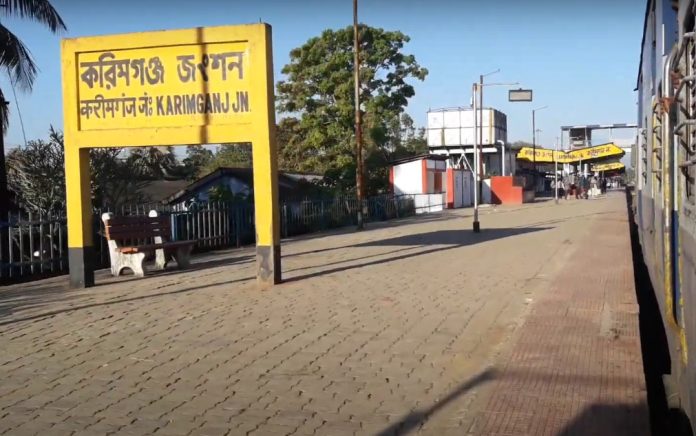The Assam government’s decision to rename Karimganj district as Sribhumi has drawn sharp criticism, with the Assam CM being accused of communal polarisation in the name of preserving cultural identity. Chief Minister Himanta Biswa Sarma announced the decision following a state cabinet meeting on November 19, citing a “long-standing demand” and historical reference made by Rabindranath Tagore, who described the region as “Sribhumi”.
Sarma defended the move as part of a broader plan to replace names that “lack historical relevance” or dictionary meanings, pointing to similar changes like Kala Pahar’s renaming as Nilachal Nagar. “Place names should reflect linguistic and historical significance,” Sarma asserted. However, critics argue that the decision undermines the district’s rich and layered heritage, rooted in its Muslim-majority history. Karimganj, a crucial district in the Barak Valley bordering Bangladesh, derives its name from a local Muslim landowner, Muhammad Karim Chowdhury, whose contributions shaped the region’s identity.
Prominent voices like AIUDF MLA Rafiqul Islam have labelled the move an erasure of Muslim history. “They see ‘Muslim’ in Karim,” Islam said, condemning what he perceives as a communal agenda behind the decision. He emphasised the historical significance of Karimganj, reminding that the district remained part of India post-Partition due to efforts by local leaders.
“Our ancestors fought to keep this region with India. The Chief Minister must respect this history before rewriting it,” he added.
The renaming has sparked wider debates on Assam’s identity politics, with Sarma’s critics accusing his government of communal bias, promoting cultural homogenization under the guise of historical rectification. While the government claims to honour heritage, detractors argue it selectively erases narratives that do not align with its ideological framework, risking division in the state’s pluralistic society.




